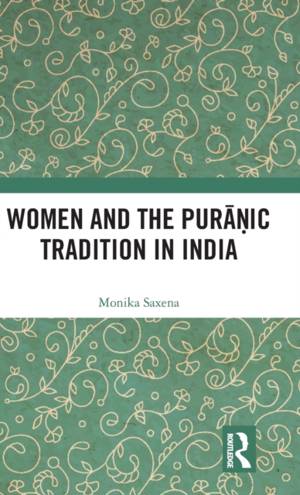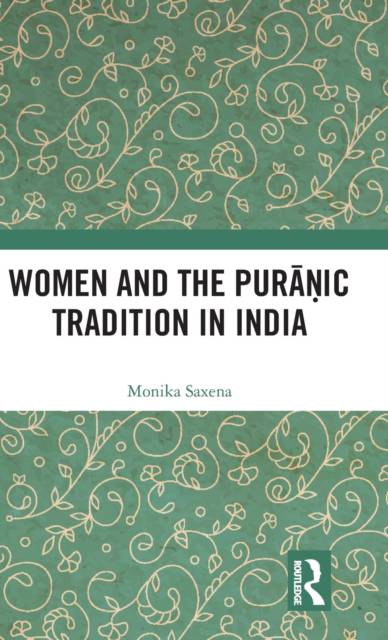
- Afhalen na 1 uur in een winkel met voorraad
- Gratis thuislevering in België vanaf € 30
- Ruim aanbod met 7 miljoen producten
- Afhalen na 1 uur in een winkel met voorraad
- Gratis thuislevering in België vanaf € 30
- Ruim aanbod met 7 miljoen producten
Omschrijving
This book analyses the diverse ways in which women have been represented in the Purāṇic traditions in ancient India - the virtuous wife, mother, daughter, widow, and prostitute - against the socio-religious milieu around CE 300-1000.
Purāṇas (lit. ancient narratives) are brahmanical texts that largely fall under the category of socio-religious literature which were more broad-based and inclusive, unlike the Smṛtis, which were accessible mainly to the upper sections of society. In locating, identifying, and commenting on the multiplicity of the images and depictions of women's roles in Purāṇic traditions, the author highlights their lives and experiences over time, both within and outside the traditional confines of the domestic sphere.
With a focus on five Mahāpurāṇas that deal extensively with the social matrix Viṣṇu, Mārkaṇḍeya Matsya, Agni, and Bhāgavata Purāṇas, the book explores the question of gender and agency in early India and shows how such identities were recast, invented, shaped, constructed, replicated, stereotyped, and sometimes reversed through narratives. Further, it traces social consequences and contemporary relevance of such representations in marriage, adultery, ritual, devotion, worship, fasts, and pilgrimage.
This volume will be of interest to researchers and scholars in women and gender studies, ancient Indian history, religion, sociology, literature, and South Asian studies, as also the informed general reader.
Specificaties
Betrokkenen
- Auteur(s):
- Uitgeverij:
Inhoud
- Aantal bladzijden:
- 288
- Taal:
- Engels
Eigenschappen
- Productcode (EAN):
- 9781138286412
- Verschijningsdatum:
- 14/08/2018
- Uitvoering:
- Hardcover
- Formaat:
- Genaaid
- Afmetingen:
- 140 mm x 216 mm
- Gewicht:
- 503 g

Alleen bij Standaard Boekhandel
Beoordelingen
We publiceren alleen reviews die voldoen aan de voorwaarden voor reviews. Bekijk onze voorwaarden voor reviews.











